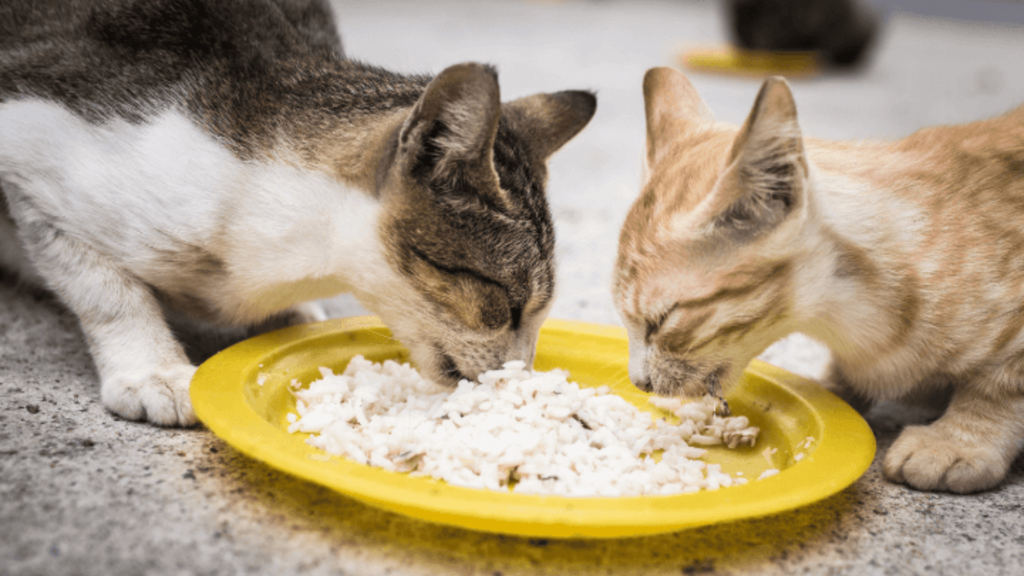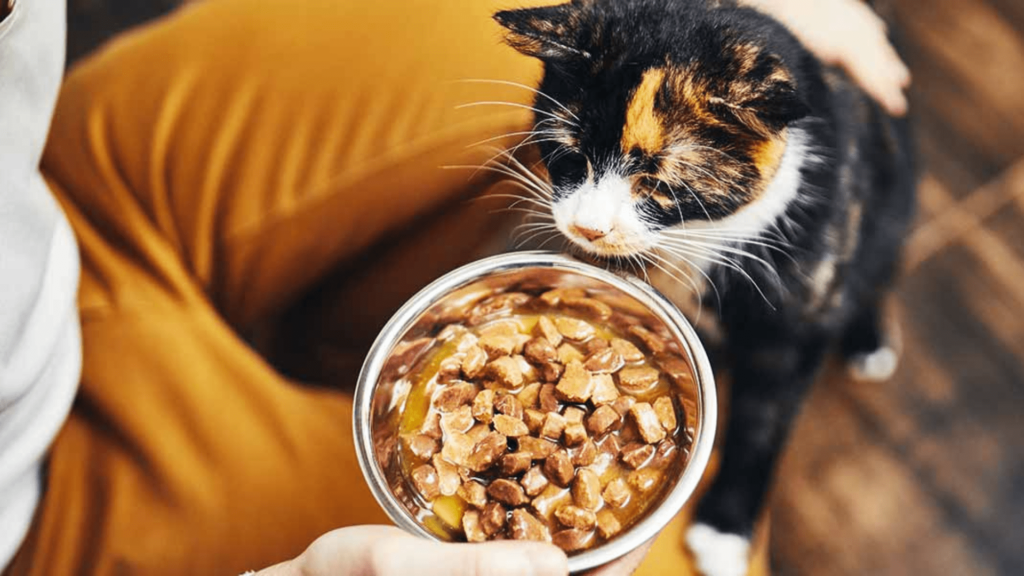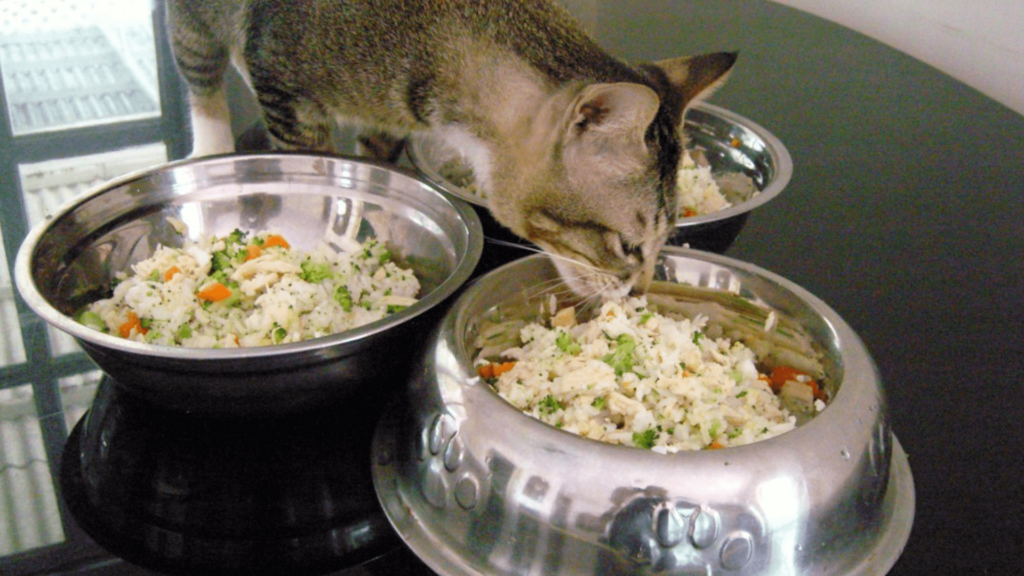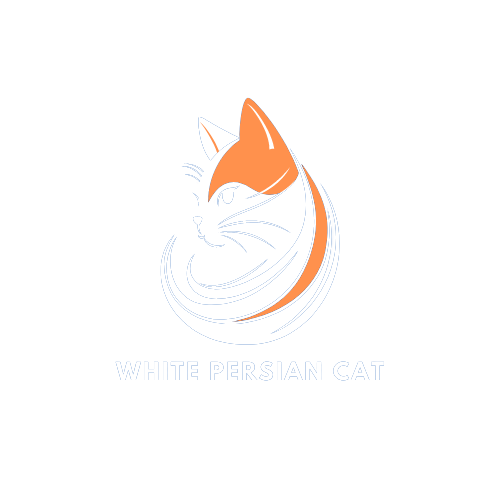Homemade Persian cat food refers to meals prepared at home specifically tailored to meet the nutritional needs of Persian cats. These majestic felines require a diet rich in essential nutrients to maintain their long, luxurious coats and overall health. While commercial cat food is readily available, many pet owners opt for homemade alternatives to ensure quality and customization.
Table of Contents

Top 5 list of Homemade Persian Cat Food 2024
Lean Protein Sources:
Cooked chicken, turkey, fish (salmon, sardines), cooked egg (not raw), lean cuts of lamb or rabbit. These are all excellent sources of protein, which is essential for a cat’s health.
Healthy Fats:
Small amounts of cooked fish (like salmon), unrefined canola or coconut oil, or a sprinkle of flax seeds. These provide essential fatty acids that help keep your cat’s skin and coat healthy.
Carbohydrates for Energy:
A small amount of cooked brown rice, quinoa, or sweet potato. These provide carbohydrates for energy.
Vegetables for Vitamins and Minerals:
Chopped or pureed cooked vegetables like carrots, green beans, or spinach. These provide essential vitamins and minerals.
Taurine:
This amino acid is essential for a cat’s heart health and vision. It can be added as a supplement or found in heart meat.
Here are some important things to keep in mind when making homemade food for your Persian cat:
- Consult with your veterinarian before starting your cat on a homemade diet. They can help you create a recipe that meets your cat’s specific needs.
- Make sure all of the ingredients are cooked thoroughly. Raw meat and fish can contain bacteria that can be harmful to cats.
- Do not give your cat any foods that are toxic to cats, such as onions, garlic, grapes, or raisins.
- You will likely need to add a taurine supplement to your cat’s homemade food.
- Homemade food can be more time-consuming and expensive than commercial cat food.
Nutritional Needs of Persian Cats
Persian cats have unique dietary requirements due to their long fur, flat faces, and predisposition to certain health issues. Protein, taurine, vitamins, and minerals are crucial for their well-being. Lack of proper nutrition can lead to coat problems, digestive issues, and overall health decline.

Benefits of Homemade Food for Persian Cats
Preparing homemade food allows pet owners to have control over the ingredients and quality of their cat’s meals. By using fresh, high-quality ingredients, one can ensure that their Persian cat receives the best possible nutrition without any fillers or artificial additives. Additionally, homemade meals can be tailored to address specific health concerns or dietary preferences. Homemade Persian cat food.
Recipes for Homemade Persian Cat Food 2024
Creating homemade meals for Persian cats can be both simple and rewarding. A basic recipe may include cooked protein sources like chicken or turkey, combined with cooked vegetables and grains such as rice or quinoa. Adding essential fatty acids from fish oil or flax seed can help maintain the cat’s coat health.
Tips for Making Homemade Persian Cat Food
When preparing homemade food for Persian cats, it’s essential to follow safety guidelines to prevent contamination and ensure proper nutrition. Using fresh ingredients, cooking meat thoroughly, and avoiding toxic foods like onions and garlic are crucial steps. Introducing variety into the cat’s diet can prevent boredom and provide a range of nutrients. Homemade Persian cat food
Transitioning to Homemade Food
Transitioning a Persian cat from commercial to homemade food should be done gradually over several days to avoid digestive upset. Mixing small amounts of homemade food with the cat’s current diet and gradually increasing the proportion can help the cat adjust. Monitoring for any signs of discomfort or dietary deficiencies is essential during this transition period.
Common Mistakes to Avoid
While homemade cat food offers many benefits, there are common mistakes that pet owners should be aware of. These include unbalanced recipes lacking essential nutrients, using inappropriate ingredients like onions or chocolate, and improper storage leading to food spoilage. Ensuring a balanced diet and following proper food safety practices can help avoid these pitfalls.

Consulting with a Veterinarian
Before switching to a homemade diet, it’s essential to consult with a veterinarian to ensure it meets the cat’s nutritional needs. A vet can provide guidance on recipe formulation, recommend supplements if necessary, and monitor the cat’s health to ensure the diet is adequate. Regular check-ups are essential to address any dietary concerns or health issues that may arise.
Also Read: Dive into Deliciousness: Meow Cat Food Ocean Fish 2024
Also Read: Drools Cat Food Review 2024 in India: Know the Truth
Conclusion
Homemade Persian cat food offers a personalized and nutritious alternative to commercial options, allowing pet owners to prioritize their cat’s health and well-being. By understanding the nutritional needs of Persian cats, preparing balanced meals, and seeking professional guidance, pet owners can ensure their beloved feline companions thrive on a homemade diet.
FAQs
What are the risks associated with homemade cat food?
Homemade cat food can pose risks if not properly balanced, leading to nutritional deficiencies or excesses. It’s essential to follow recipes formulated by veterinarians or pet nutritionists to ensure the diet meets all of the cat’s requirements.
Can I feed my Persian cat exclusively on homemade food?
While homemade food can provide excellent nutrition, it’s essential to consult with a veterinarian to ensure it meets all of the cat’s needs. In some cases, supplementing with commercial cat food may be necessary to ensure a balanced diet.
How do I ensure my homemade cat food meets nutritional requirements?
To ensure homemade cat food meets nutritional requirements, it’s crucial to follow recipes that are properly balanced and include essential nutrients like protein, vitamins, and minerals. Consulting with a veterinarian or pet nutritionist can provide guidance on recipe formulation.
Are there any specific ingredients I should avoid in homemade Persian cat food?
Certain ingredients like onions, garlic, and chocolate are toxic to cats and should be avoided in homemade cat food. Additionally, bones should be removed from meat to prevent choking or intestinal blockages.
Can I mix commercial and homemade food for my Persian cat?
Mixing commercial and homemade food can provide variety in the cat’s diet and ensure a balance of nutrients. However, it’s essential to monitor the cat’s response and consult with a veterinarian to ensure both types of food meet their nutritional needs.

